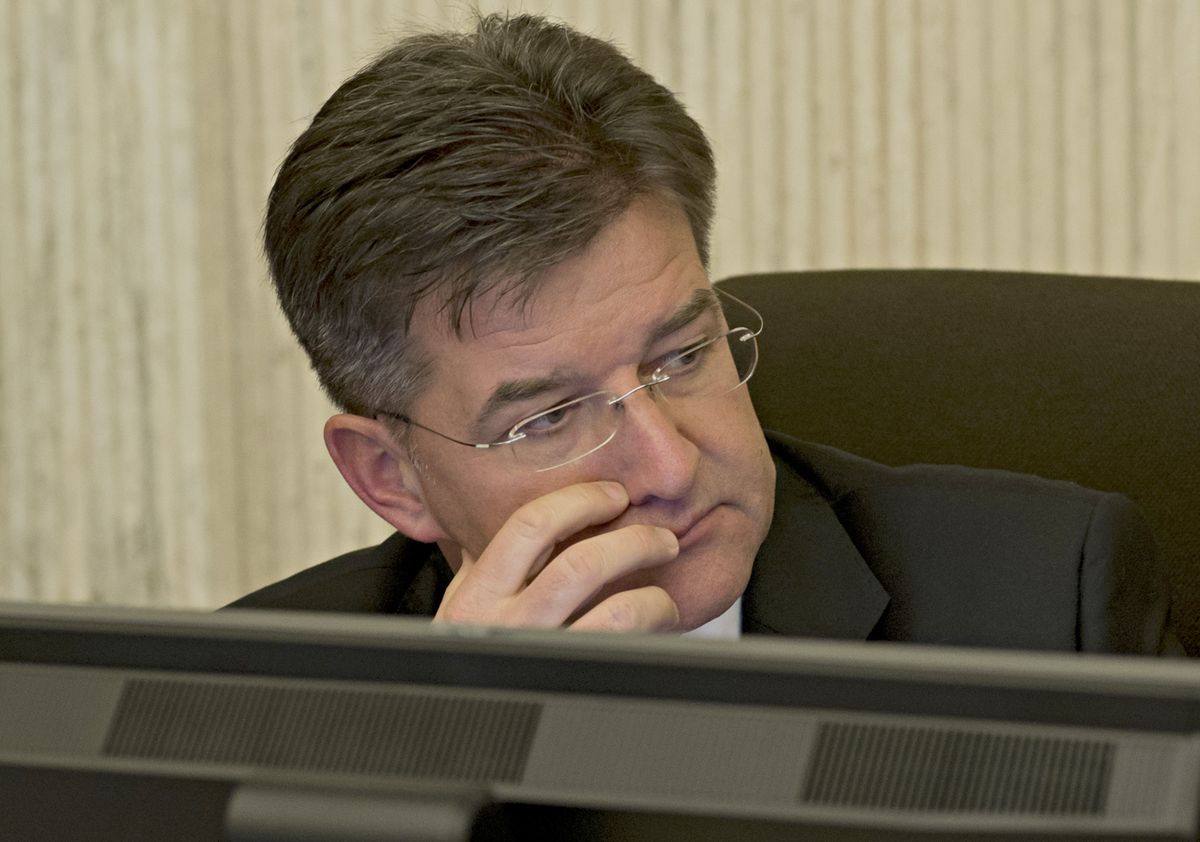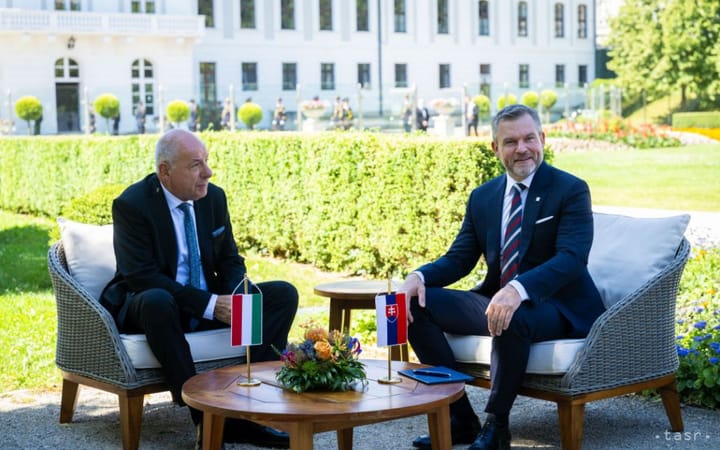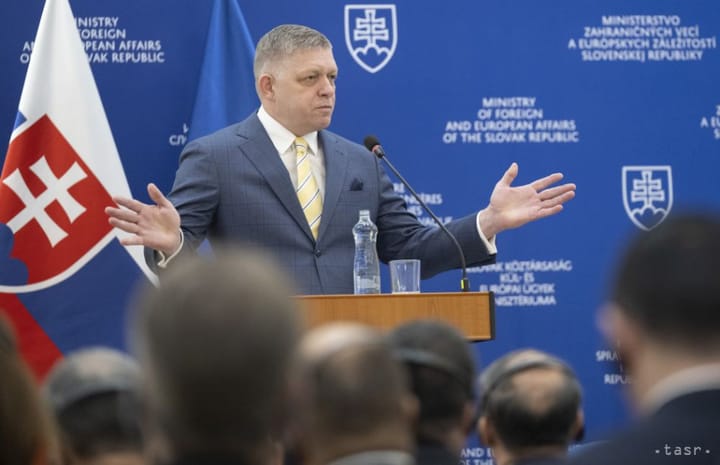Lajcak: We Pursued Results in Foreign Policy, Not Theatrical Gestures

Bratislava, February 7 (TASR) – Diplomacy is about everyday systematic work, and throughout the outgoing Government’s term in office [2012-16] the Foreign and European Affairs Ministry has focused on results rather than dramatic gestures and loud words, Foreign Affairs Minister Miroslav Lajcak has told TASR in his evaluation.
“We don’t view foreign affairs policy as a PR tool for self-promotion,” claimed Lajcak.
As part of the European agenda, Lajcak pointed to preparations for the first-ever Slovak EU Presidency (slated for the second half of 2016), which have been under way since as early as July 2012. The Presidency is the top priority of the upcoming period, a watershed that will complete Slovakia’s European integration. “During our EU membership, this is the only challenge we haven’t had the opportunity to face yet. Based on how we handle it, based on the quality of our Presidency, foreign partners will judge the trustworthiness of our country,” he said.
As part of the preparation process, by the end of 2015 the Government had approved 19 materials and temporarily hired 350 people to work at public administration central bodies to meet the needs of the Presidency. Furthermore, a total of 1,092 employees from 27 institutions received training from the Foreign Affairs Ministry, 76 public tenders have been launched and the Permanent Representation of Slovakia to Brussels moved to a larger rented building.
Minister Lajcak also praised successful talks on bolstering Slovakia’s European budget for the current 2014-20 programme period. “We register an income of €20 billion, while expenditures stand at roughly €7 billion,” he said.
Lajcak views in a positive light the revival of the National Convention on the EU, set to operate until the end of 2016, when the Slovak EU Presidency is due to come to an end. The project will create leeway for an open debate on European issues between the Cabinet, Parliament, NGOs, regions and municipalities, Churches and businesses. “It’s the only platform that works this way,” claimed Lajcak.
Lajcak also considers Slovakia’s 2014-15 Visegrad Four (the Czech Republic, Hungary, Poland and Slovakia) Presidency to have been a success and broached Slovakia’s aid to Ukraine with reforms and reverse gas flows. At Slovakia’s initiative, a ‘Ukraine Day’ was held by the OECD, a high-level consultation to discuss how the international community can support Ukraine in meeting its policy challenges and in implementing ambitious structural and institutional reforms.
“At the UN we have systematically and successfully promoted reform of the security sector, which in the UN system is today linked with Slovakia. We initiated the passing of the first-ever UN Security Council resolution on this agenda,” said Lajcak, adding that in 2013 Slovakia joined the OECD’s Development Assistance Committee, membership of which is held by the most developed countries of the world.
Also entering its final stage is the four-year process of creating a unified logo and country visualisation. In the spring, after the March parliamentary election, Slovakia’s new logo and brand will be unveiled to the public and will then be used jointly by all ministries.



